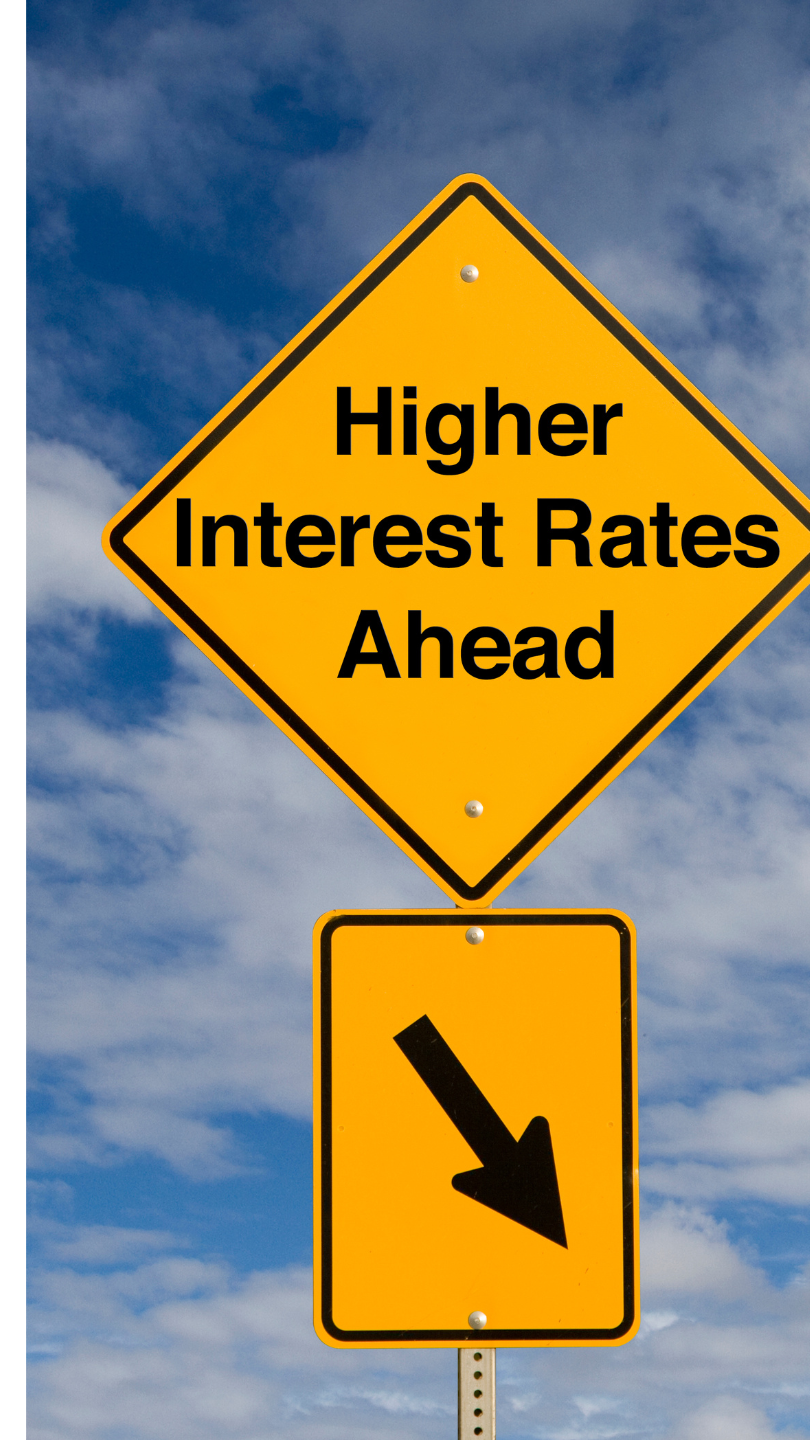American Housing Market Reels from Soaring Mortgage Rates

The American housing market is facing a severe blow as significant lenders, including Wells Fargo, JPMorgan Chase, and Bank of America, have raised mortgage rates to the highest since the 2008 financial crisis. This move comes in response to the Federal Reserve’s aggressive campaign to raise interest rates to combat stubbornly high inflation.
Homeowners across the nation are bracing for a substantial increase in monthly payments as millions of fixed-rate mortgage deals expire in the coming months. According to the Mortgage Bankers Association, approximately 3.2 million fixed-rate homeowner loans will reset to higher rates by 2024, with around 1.1 million expiring before the end of this year alone.
The Federal Reserve Bank of New York estimates that total annual mortgage payments could surge by a staggering $20 billion. A significant portion of this “mortgage timebomb” has yet to hit consumers due to the expiration of fixed-rate deals. The average 30-year fixed mortgage rate is expected to reach 7% later this year before potentially declining to around 5.5% in 2027.
This surge in mortgage costs is likely to significantly impact household budgets significantly, exacerbating the already challenging cost of living crisis. Renters are also facing pressure as landlords pass on higher costs through increased rents at some of the fastest rates on record.
The housing market typically slows down when interest rates rise as the cost of owning a home becomes more expensive, reducing demand and ultimately leading to a drop in home prices. Conversely, lower interest rates tend to increase demand for property, driving up prices.
The government is under increasing pressure to address this issue, with opposition parties calling for urgent action to support households at risk of losing their homes due to the surge in borrowing costs. However, the Treasury remains wary of any intervention undermining the Federal Reserve’s efforts to tackle inflation.
As the 2024 presidential election approaches, the turmoil in mortgage markets could become a vital issue for voters, with both parties vying to present solutions to address the housing affordability crisis.







